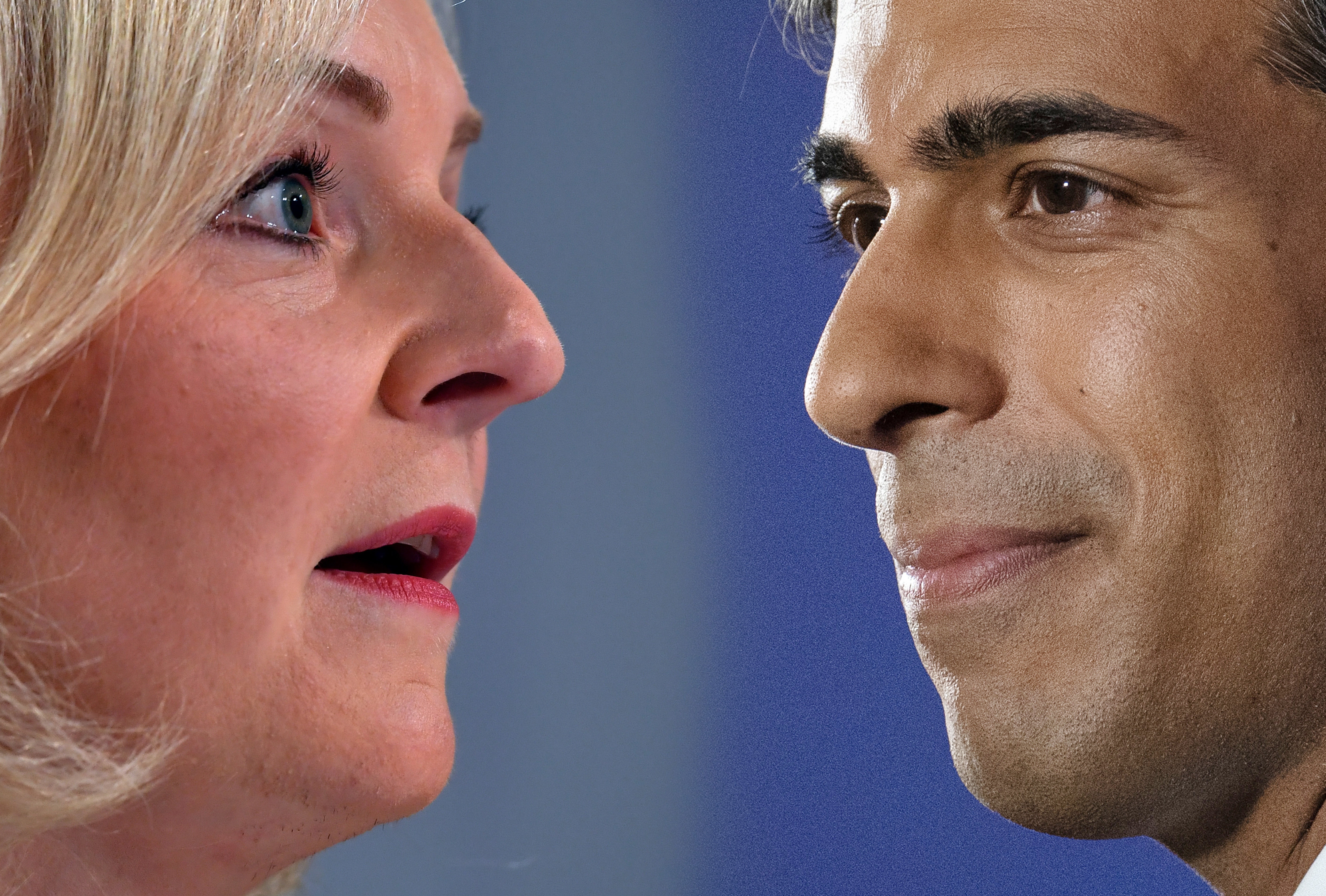The Tory grassroots have got themselves a real economic debate this summer: Rishi Sunak’s ‘Thatcherite’ economic philosophy vs Liz Truss’s ‘Reaganite’ plans to boost growth.
It’s not the most obvious distinction, given the former prime minister and president were great free-market allies. Both also cut tax. But it’s about the order of priorities: like the Thatcher years, Sunak believes that the most important task is getting inflation under control, which was reporting this morning to have hit a 40-year-high, rising by 9.4 per cent on the year in June. This is how he justifies the tax hikes he ushered in as chancellor, comparing them to what Nigel Lawson did in Thatcher’s government. Truss takes the view that it’s best to slash tax now and go for growth, as was the top pursuit of the Reagan administration.
Both will have questions to answer. While Sunak’s line that ‘nothing comes for free’ is bound to resonate with the Tory grassroots, the tax burden has risen to a 72-year-high under his watch, including the introduction of a windfall tax on oil and gas companies that is very hard to explain within conservative ideology. Furthermore, it remains up for debate whether all these tax hikes will really bring in more revenue. Corporation tax receipts rose in the 2010s as the rate fell. Sunak’s insistence that rates need to go back up will meet a lot of evidence-based criticism out on the campaign trail.
On the flip-side, Truss will be under pressure to explain just how far she’s willing to go with deficit-financed tax cuts. She will also have to explain why she’s so comfortable with borrowing for day-to-day spending when inflation is lifting the government’s debt-servicing repayments to record highs. She will also be asked to explain why she ‘learned to stop worrying and love the debt’, so to speak, having spent most of her time in parliament heavily sceptical of this kind of economic policy.
And while going for growth is a legitimate way to get around raising tax or cutting public services, she will need to be thorough and detailed about these plans. Both Thatcher and Reagan had a host of industries laid out for them to privatise. Where will Truss’s growth gains come from? Overthrowing planning regulations? Reforming the NHS? Both areas could heavily boost Britain’s productivity and growth, but these days you’d be hard-pressed to find even a handful of Tory MPs who would publicly sign up to this strategy.
But there’s merit in finally letting this debate play out. It’s been going on for years within the walls of No. 10; Boris Johnson wanting to borrow more, to spend and to cut tax, while Sunak refused to let him do so. Now a version of both options is going to be presented to the Tory grassroots, who historically want lower taxes but also abhor pilling onto the debt.
Which they pick will tell us a lot about the future of the Tory party — and the extent to which attitudes around Covid spending have changed perspectives around public finances and tax rates for good.








Comments